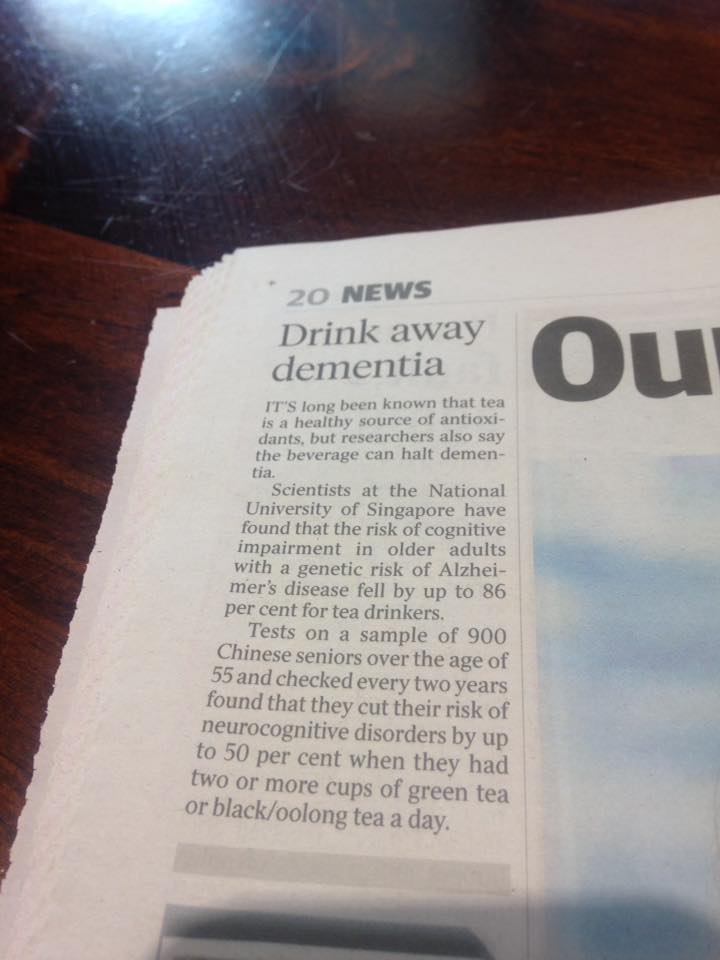
Whilst I would love to have a cure or some positive methods to help people with dementia I am so tired of reading each day in the newspaper some ‘hair-brained’ study claiming to help, stop or cure dementia.Whilst I am all for keeping dementia in the public eye and creating awareness – let’s not keep publishing false hope and snake oil remedies either. This just devalues the genuine and factual research being done. I am also skeptical that the funding allocated for genuine research is being funneled to crackpot studies with little to no hope of success or breakthrough. The small sample sizes for each study is also a major concern.
I personally believe we should only publish so called cures and remedies when they do just that…when there is proof that they are curing people, and not before.
People with dementia and their families deserve to have factual information and if we haven’t got any cures let’s talk about some positive strategies to care for people with dementia. We have a Tsunami of people being diagnosed with dementia and we need to have our positive care models in place ASAP.
Enough is enough.






 Facebook
Facebook Twitter
Twitter LinkedIn
LinkedIn